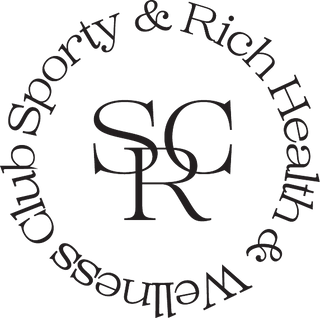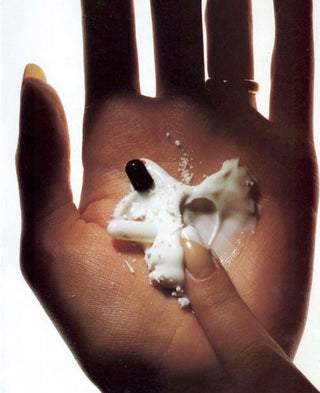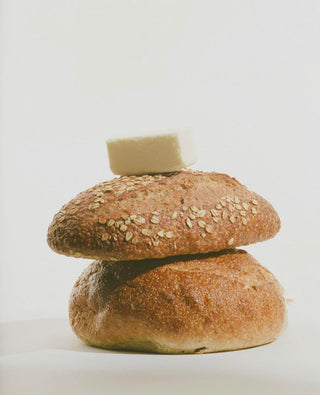
By: @drmelissa.co
Burnout is a concern I see often in clinical practice. Although it is not a diagnosable disease, it is a syndrome, meaning it is defined by a set of symptoms, but does not have a consistent progression or clear treatment plan. In other words, burnout is a very real issue, but may look different from person to person and require different treatment.
While every single person experiences stress, not all stress is bad and not all stress leads to burnout; rather it is about each person’s capacity for stress. Burnout happens when an individual experiencing stress does not have adequate recovery. It is the cumulative burden of chronic or major acute stress without recovery.
To explain burnout in more tangible terms, we can look at a person’s overall energy stores as a bank account. Ideally, funds are being deposited regularly in the form of regular nutritious meals, hours asleep or resting, fulfilling relationships, spiritual pursuits, physical exercise, time in nature, healthy boundaries, and so on. Having funds available to draw on when needed is key because daily stressors serve as withdrawals. Sources of withdrawals may include under- or over-eating, a diet devoid of nutrients, lack of sleep, unfulfilling work, caregiving demands, over- or under-exercising, a lack of emotional boundaries, the inability to ask for help...to name a few. Burnout begins when the funds become so low that the stressors (aka withdrawals) begin to put the account into overdraft.
As soon as I hear a patient say phrases like, “I have nothing left in the tank” or “I never feel rested” I begin to suspect burnout may be at play. Symptoms of burnout are vast and include, but are not limited to, fatigue and issues with energy (tired in the morning, wired at night), changes to mood (low mood, increased anxiety), poor outlook (increased cynicism), appetite changes and cravings for sugar, salt and/or fats, stubborn weight gain, puffiness, digestive disturbances, changes to skin, hair loss, and changes to reproductive health (menses, libido, fertility).
The above being said, it is very important to rule out other potential causes of these symptoms before considering burnout. Thyroid disorders, being postpartum, mental health disorders like attention deficit hyperactivity disorder, depression and/or anxiety, post-traumatic stress disorder, obsessive compulsive disorder, and hormonal disorders. These can be ruled in or out by a medical provider using blood work and/or screening questionnaires.
If burnout is an issue, there are evidence-based ways to recover. It is important to note that prevention is very different from burnout recovery. Burnout prevention focuses on the controllable lifestyle factors, so eliminating sources of withdrawal from the bank account. These may include withdrawals like late sleep time and poor sleep hygiene, exercising appropriately (because movement can create burnout as much as prevent it), skipping meals, poor relationship to technology (i.e. checking email in the evenings, overuse of social media, etc.), and more.
Burnout recovery is more than limiting withdrawals, it is about making significant and consistent deposits into the bank account. There are three tools I use often to assist in burnout recovery:
Protein
Protein is the most important macronutrient for burnout recovery, whereas foods containing fibre, greens, and healthy fats, are best for prevention. The amount of protein required varies from person to person, but generally it can be helpful to consume at least 30g or more of protein per meal as a foundation (i.e. approximately one large chicken breast, a salmon fillet, or 1/2-1 cup ground beef).
Magnesium bisglycinate
When chronically stressed, the body excretes more magnesium (the urinary output of magnesium increases up to 78%!); in other words, the more chronically stressed we are, the lower our stores become. Magnesium mimics a calming neurotransmitter called GABA in the brain and it can be very helpful as a recovery aid when taken daily.
Vitamin C
Vitamin C acts as a break on the stress response, telling the brain to slow down. It is calming, and can also help to mitigate sugar cravings when stressed. Vitamin C can be used short-term at higher doses to assist in burnout recovery.
The above are only three of many options that can be used in burnout recovery. Each person has unique needs, however a typical treatment plan may also involve therapy. Additional medical treatment in the form of medication (used short- or long-term) can also be used to assist in the treatment of conditions that may be underlying causes of burnout.
It is also important to note that “self-care” and “wellness” do not fix burnout. These ideas can create an expectation that individuals simply cannot meet, leading to or exacerbating burnout. Oftentimes, I work with patients to take wellness practices off of their plate and to do less, focusing only on the most appropriate treatments.
As always, before making any changes to your routine, speak with a trusted medical provider to assist you in identifying your unique healthcare needs.















